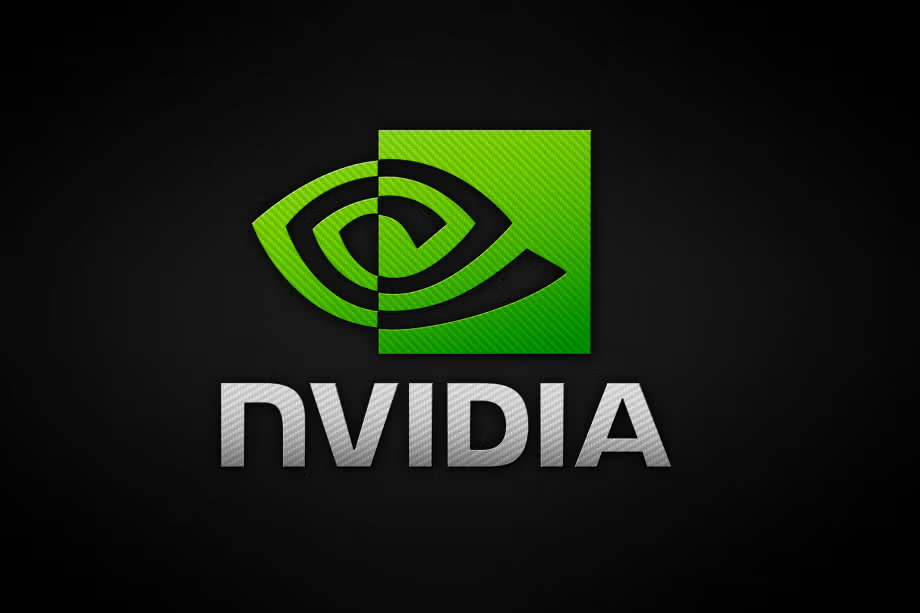Navigating increasingly complex geopolitical tensions between the U.S. and China, Nvidia is adapting its H20 chip to continue serving the Chinese market while adhering to stricter U.S. export restrictions. These restrictions, aimed at limiting China's access to advanced semiconductor technology, have led Nvidia to redesign its H20 chip, which was previously the most powerful AI chip they could legally export to China. The move highlights the challenges and strategic decisions faced by technology companies operating in a world of evolving international regulations.
The original H20 chip was effectively blocked after the U.S. government announced that its export to China would require a license. This decision was driven by concerns that the chips could be used or adapted for Chinese supercomputers, thereby posing a threat to U.S. national security. Since 2022, the U.S. has been tightening export controls on advanced chips to China, and the restrictions on the H20 represent the latest effort to maintain America's edge in AI technology.
In response to these restrictions, Nvidia has developed a modified version of the H20 chip with reduced specifications, including less memory capacity. This adaptation is intended to allow Nvidia to bypass the new controls while still providing a valuable product to its Chinese customers. While the downgraded chip is expected to be less competitive than the original, it should still allow Chinese companies to access the AI models they require. Some sources say customers may be able to modify the chip's performance levels.
Nvidia's CEO, Jensen Huang, has emphasized the importance of the Chinese market to the company, stating that Nvidia will "unswervingly serve the Chinese market". China accounted for approximately 13% of Nvidia's total sales in the fiscal year ending January 2025, making it a strategically significant market. Huang visited Beijing in April 2025, shortly after the new export license requirements were announced, to reassure Chinese officials of Nvidia's commitment.
The modified H20 chip is expected to be released within the next two months. Nvidia has already informed its major Chinese customers, including cloud computing service providers, of the planned release. Samples of the redesigned chip could be ready as soon as June 2025. Nvidia is also reportedly working on a China-specific version of its latest-generation AI chip, Blackwell.
The U.S. export restrictions and Nvidia's response have significant implications for the global semiconductor market. The restrictions could benefit Chinese AI chipmakers like Huawei, which offer competing products. They may also accelerate China's efforts to develop its own semiconductor industry and reduce its reliance on foreign technology. For Nvidia, the modifications demonstrate the company's agility and commitment to navigating complex international regulations. By adapting its technology to comply with U.S. restrictions, Nvidia hopes to maintain its presence in the Chinese market and continue to drive growth. The situation highlights the increasing intersection of technology and international relations, with companies like Nvidia needing to innovate not just in product development but also in compliance strategies.




















